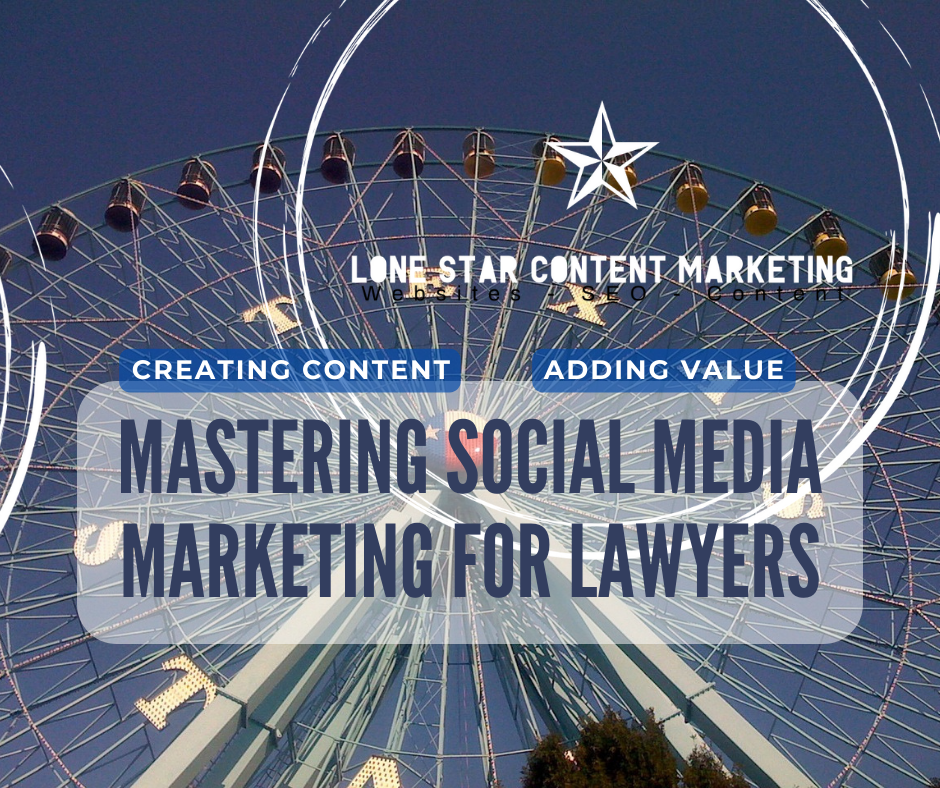Different Platforms for Different Audiences
Maximizing Your Law Firm’s Online Impact: A Guide to Focused and Purposeful Social Media Marketing
In today’s digital landscape, social media has become an integral part of our daily lives, personally and professionally. To navigate the social media landscape effectively and maintain focus and purpose, it’s essential to understand that not all platforms are created equal. Different platforms cater to different audiences and serve distinct purposes. Let’s delve into the nuances of each major platform and how to use them strategically. But first, let’s focus on law firm marketing, and depending on your practice and who your clients may be, any or all social media platforms offer valuable options in your content marketing strategy.
Choosing the Right Social Media Platforms for Law Firm Marketing
Indeed, choosing the right social media platforms for law firm marketing is crucial to ensure your efforts are focused and purposeful. When marketing a law firm, it’s essential to consider platforms that align with your target audience and legal services. LinkedIn is often a top choice for law firms, as it caters to professionals and provides a platform for sharing legal insights and building a professional network. Additionally, Twitter can be valuable for sharing legal news insights and engaging with a broader audience interested in legal topics. Facebook can be a platform for sharing updates about your law firm’s community involvement and events. Lastly, consider producing informative videos on YouTube to demonstrate your legal expertise. The right choice of platforms should align with your legal specialization and your ideal clients, ensuring that your online presence is both strategic and effective in the legal industry.
Nick’s List of Recommended Links in the Scope of This Article:
- Psychology Today: 8 Essential Criteria For Assessing Quality In Your Writing
- Above the Law: Foonberg Was First
- The Legal Marketing Mindset That Wins In Recession and Boom Times
Facebook:
– Audience: Facebook boasts a broad, diverse user base spanning all age groups.
– Purpose: It’s an excellent platform for personal connections, sharing life updates, and for businesses targeting a wide demographic.
– Tips: Engage with relevant groups, create compelling content, and utilize paid advertising to reach specific audiences.
Instagram:
– Audience: Predominantly users with an inclination towards visual content.
– Purpose: Instagram shines when showcasing lifestyle, fashion, and visually appealing products. It’s particularly well-suited for businesses with aesthetically pleasing offerings.
– Tips: Emphasize high-quality visuals, strategically use hashtags, and actively engage with your followers.
Twitter:
– Audience: Twitter users are looking for real-time updates and concise content.
– Purpose: The platform is perfect for quick news updates, short messages, and rapid interactions.
– Tips: Maintain a consistent tweeting schedule, harness trending hashtags, and actively participate in conversations on trending topics.
LinkedIn:
– Audience: LinkedIn caters to professionals and businesses seeking networking opportunities.
– Purpose: It’s an ideal platform for job seekers, B2B marketing, and building professional connections.
– Tips: Share industry-specific content, connect with professionals in your field, and engage in industry-related groups.
TikTok and Reels:
– Audience: These platforms are mainly popular among users who enjoy short, entertaining videos.
– Purpose: TikTok and Reels are the go-to platforms for creative, fun, and engaging content, perfect for showcasing talents, humor, or storytelling.
– Tips: Create captivating and authentic short videos, leverage trending sounds and challenges, and connect with your audience through interactive content.
Pinterest:
– Audience: Pinterest’s user base is predominantly female, looking for inspiration and DIY ideas.
– Purpose: The platform is well-suited for lifestyle, fashion, food, and travel inspiration.
– Tips: Utilize visually appealing pins, curate boards aligned with niche interests, and strategically link to your website.
YouTube:
– Audience: YouTube attracts a wide age range of users who prefer video content.
– Purpose: It’s an ideal platform for educational content, entertainment, and promoting your brand or business.
– Tips: Create high-quality videos, foster engagement through comments, and optimize video titles and descriptions for better discoverability.
Snapchat:
– Audience: Snapchat appeals to users interested in ephemeral content.
– Purpose: The platform is perfect for sharing in-the-moment updates, especially among friends and younger audiences.
– Tips: Use Stories for time-sensitive content, experiment with creative filters, and actively engage with your friends’ posts.
Understanding each platform’s unique strengths and audience demographics is the first step to being focused and purposeful on social media. You can maximize your impact and achieve your social media goals by tailoring your content and engagement strategies to match the platform and audience.
We Are Affordable and Work for Solo and Small Law Firms: Monthly Plan Options
Lone Star Content Marketing offers a distinct advantage for law firm marketing by providing specialized content tailored to the legal industry. Their expertise in legal content creation ensures that your firm’s online presence engages and complies with legal regulations and standards. This approach adds tremendous value to your marketing efforts by positioning your firm as a trusted authority in the legal field. Lone Star Content Marketing can create thought-provoking articles, blog posts, and social media content that showcase your legal expertise and connect with potential clients personally. By leveraging their services, your law firm can save time, enhance its online reputation, and effectively reach the right audience while focusing on the core principles of content marketing specific to the legal sector.



